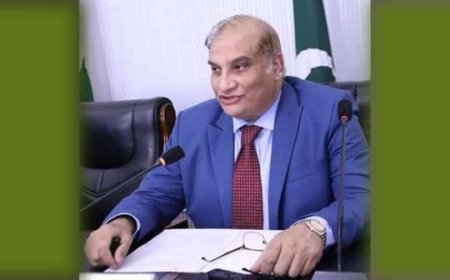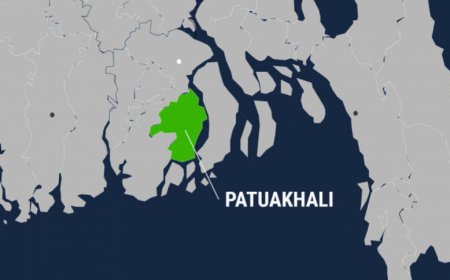Economic crisis: CPD urges government to hold elections without delay
Economic crisis: CPD urges government to hold elections without delay

CPD Calls for Timely Elections Amid Economic Crisis
The Centre for Policy Dialogue (CPD) has highlighted the country's economic vulnerability under the previous totalitarian government, stating that little progress has been made in the past six months. The interim government has failed to create employment opportunities, a key factor in economic stability.
CPD emphasized that political and institutional stability is essential to attract both domestic and foreign investment. Therefore, the interim government’s primary goal should be to create a favorable environment for elections as soon as possible. These observations were shared at a press conference held at CPD’s office in Dhanmondi today (Wednesday).
CPD Executive Director Fahmida Khatun presented the keynote speech under the title “Bangladesh Economy 2024-25: Challenges of Meeting Expectations in a Time of Crisis.” Other notable attendees included CPD Distinguished Fellow Mustafizur Rahman, Research Director Khandaker Golam Moazzem, and Research Fellows Muntasir Kamal and Syed Yusuf Sadat.
The CPD linked the July uprising to rising unemployment, stating that discriminatory policies have worsened the situation. Despite taking charge, the interim government has failed to improve employment conditions, leading to growing disparities across various sectors.
The research agency asserted that no government can sustain itself without public legitimacy and stressed the importance of holding elections within the announced timeframe. “The interim government has stated that elections will take place between December this year and June next year. We urge that this timeline be strictly followed to restore democratic processes,” said Fahmida Khatun.
The press conference also addressed the government's decision to impose a 15% VAT on various products. CPD Distinguished Fellow Mustafizur Rahman criticized the move, pointing out that “increasing VAT at a time when people are already struggling with high inflation is unfair. Inflation has doubled compared to income levels.” He suggested that instead of relying on indirect taxes, the government should have focused on raising direct taxes.
He further noted that a significant portion of tax revenue does not reach the government due to inefficiencies. Despite having opportunities to address this, the interim government has failed to take action. He also clarified that the International Monetary Fund (IMF) did not specifically recommend increasing VAT but rather called for an overall increase in revenue. However, instead of expanding direct tax collection, the government has opted to raise indirect taxes.
Fahmida Khatun pointed out that revenue collection growth had dropped sharply, standing at only 3.7% as of October, compared to 17.7% during the same period last year. This indicates a significant decline in revenue generation.
Beyond revenue collection, there has been no substantial progress in key areas such as Annual Development Programme (ADP) implementation, inflation control, employment growth, and private investment. While the interim government has initiated some measures, they have yet to yield any concrete results.
Additionally, CPD criticized the government’s lack of transparency regarding power purchase agreements. Despite pledging to disclose these agreements, the government has failed to do so. CPD recently sought information on 28 power plants established under the previous government’s tenure through a Right to Information (RTI) request. However, the government denied the request, citing national security concerns.
What's Your Reaction?





















































































